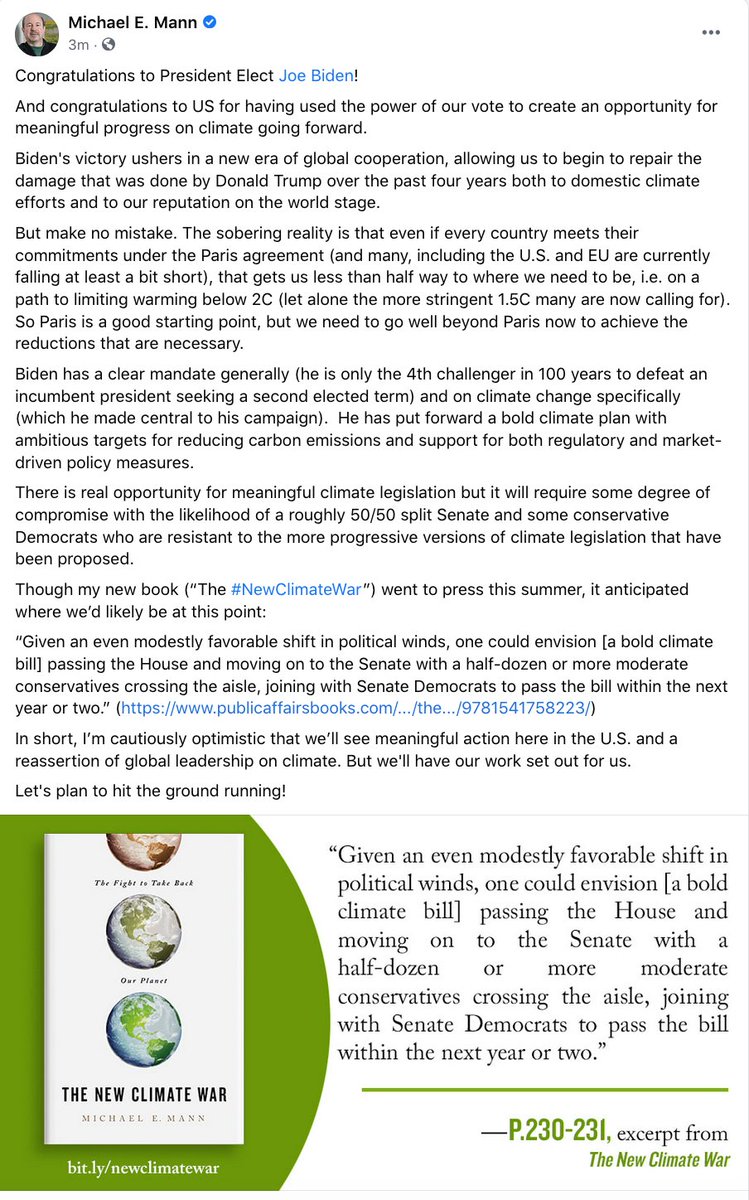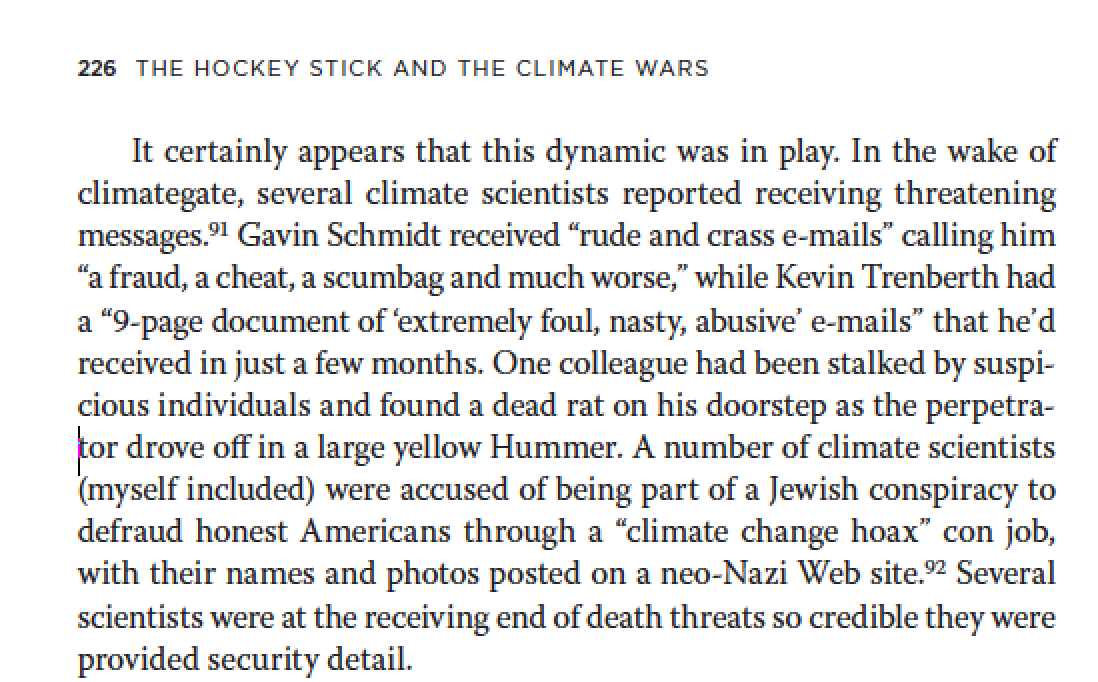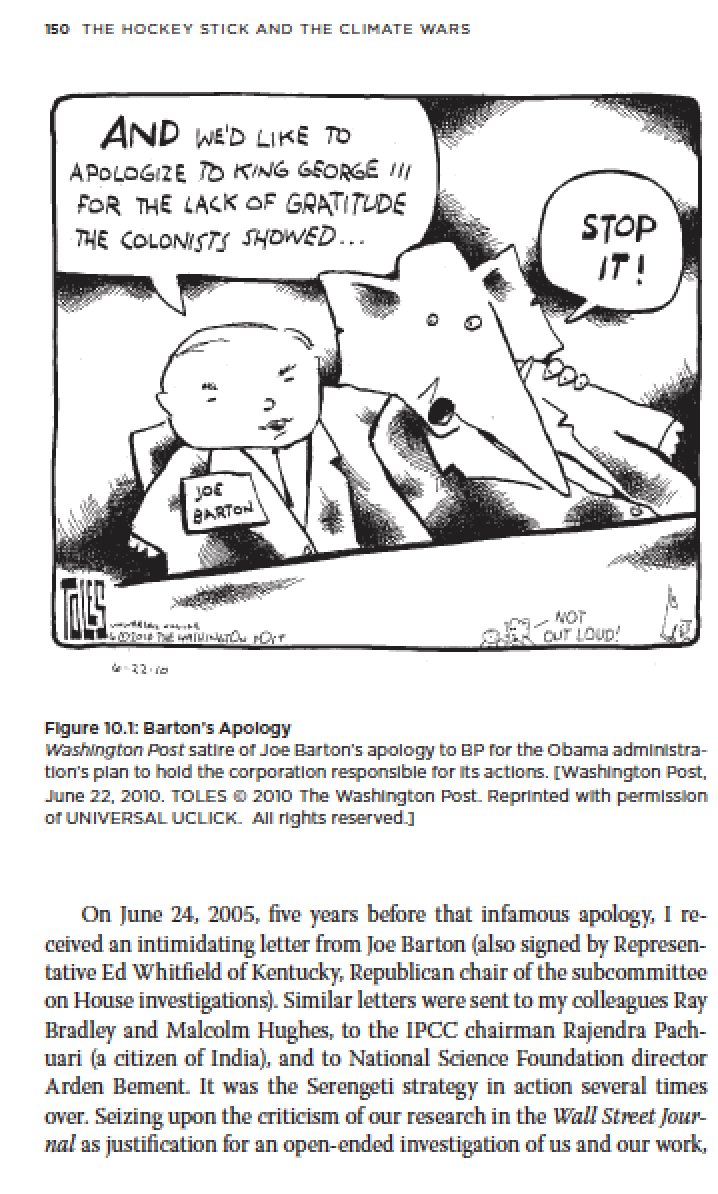
In his posthumously published (1997) book "Billions & Billion", the late great Carl Sagan provides an interesting discussion of "rules of the game", e.g. different codes of behavior/policy, such as the "Golden Rule", the "Silver Rule", the "Iron Rule", etc. 🧵
Sagan discusses the "science" (game theory) & human experiments that have been done to assess the effectiveness of competing strategies. The conclusion is that the so-called "tit-for-tat" rule out-performs the others, i.e. leads to greatest likelihood of a positive outcome.
This strategy can be summarized as "initial friendliness, willingness to forgive, and fearless retaliation". If you like, it amounts to using both "carrot" and "stick".
This has implications for the climate policy discourse. It suggests, for example, that we not only chastise bad actors, but reward good actors for good actions taken.
We must provide positive reinforcement for policymakers, thought leaders, groups etc. who engage in constructive actions, while continuing to holding them accountable, and we must provide negative reinforcement for bad actors. In short, carrot AND stick.
I see too much "all stick, all the time" in today's online climate discourse. There is *science* that says this doesn't work. It's not a productive strategy. We need, to repeat myself, BOTH carrot AND stick.
None of us are perfect. We often fail to live up to our own professed standards. That having been said, I DO try to incorporate this thinking in my own approach to engagement. To wit: newsweek.com/right-path-for…
• • •
Missing some Tweet in this thread? You can try to
force a refresh












